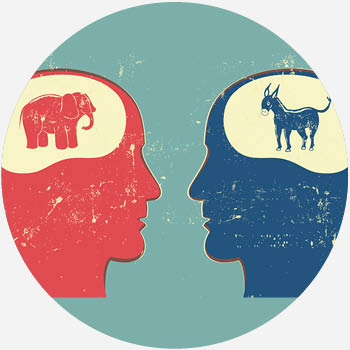

International Relations in a Global Age: A Conceptual Challenge. Recovering the Self: Morality and Social Theory. The Government and Politics of the European Union. Lowi, Theodore, and Benjamin Ginsberg.Dunleavy, Patrick, Colin Hay, Richard Heffernan, and Philip Cowley, eds.
 Coxall, Bill, Lynton Robins, and Robert Leach. Princeton, NJ: Princeton University Press. The Civic Culture: Political Attitudes and Democracy in Five Nations. Almond, Gabriel Abraham, and Sidney Verba. Word origin of “politics” – Online Etymology Dictionary:. Politics and Policy Resources – Books, Journals, and Helpful Links. Crime and Law Resources – Books, Journals, and Helpful Links. Who makes the decisions to go to war in the first place?” (Tarrant 2009:8–9). Another way to understand this concept is to ask questions such as who gets the goods and resources in society and who bears the burdens? Who sits in positions of power in Fortune 500 companies and who cleans the company offices? Who does the bulk of parenting and who gets paid more on the job? Who is sexually bought and who buys sexual access to bodies? Who is statistically more likely to experience domestic violence and who are the violent offenders? Who gets catcalled on the street? And while we’re at it, we can ask who risks their lives in war.
Coxall, Bill, Lynton Robins, and Robert Leach. Princeton, NJ: Princeton University Press. The Civic Culture: Political Attitudes and Democracy in Five Nations. Almond, Gabriel Abraham, and Sidney Verba. Word origin of “politics” – Online Etymology Dictionary:. Politics and Policy Resources – Books, Journals, and Helpful Links. Crime and Law Resources – Books, Journals, and Helpful Links. Who makes the decisions to go to war in the first place?” (Tarrant 2009:8–9). Another way to understand this concept is to ask questions such as who gets the goods and resources in society and who bears the burdens? Who sits in positions of power in Fortune 500 companies and who cleans the company offices? Who does the bulk of parenting and who gets paid more on the job? Who is sexually bought and who buys sexual access to bodies? Who is statistically more likely to experience domestic violence and who are the violent offenders? Who gets catcalled on the street? And while we’re at it, we can ask who risks their lives in war. 
It recognizes that seemingly personal issues point to larger, institutionalized practices and are therefore legitimately political issues. Feminism brings that concept from the public realm into our personal worlds. As the twentieth-century political scientist Harold Lasswell famously said, politics is the process of who gets what, when, and how.

It means that what happens in our individual, private lives-at places such as our jobs, clubs, homes, or schools-reflects the power dynamics in broader, public society. “‘ The personal is political‘ is a powerful slogan that was coined during the women’s movement of the 1960s and 1970s.







 0 kommentar(er)
0 kommentar(er)
